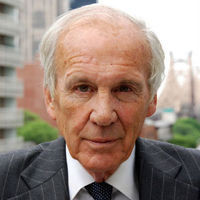Sponsored
Sponsor: Digg
Our sponsor this week is the new Digg, which has been getting a lot of love lately. Why?
Digg delivers the most interesting and talked about stories on the Internet right now. There's a lot of great content out there, and Digg helps you discover, read, and share the very best of it. It’s simple and it's everywhere: visit Digg on the web, find it on your iPhone or iPad, or get the best of Digg delivered to your inbox with The Daily Digg.












